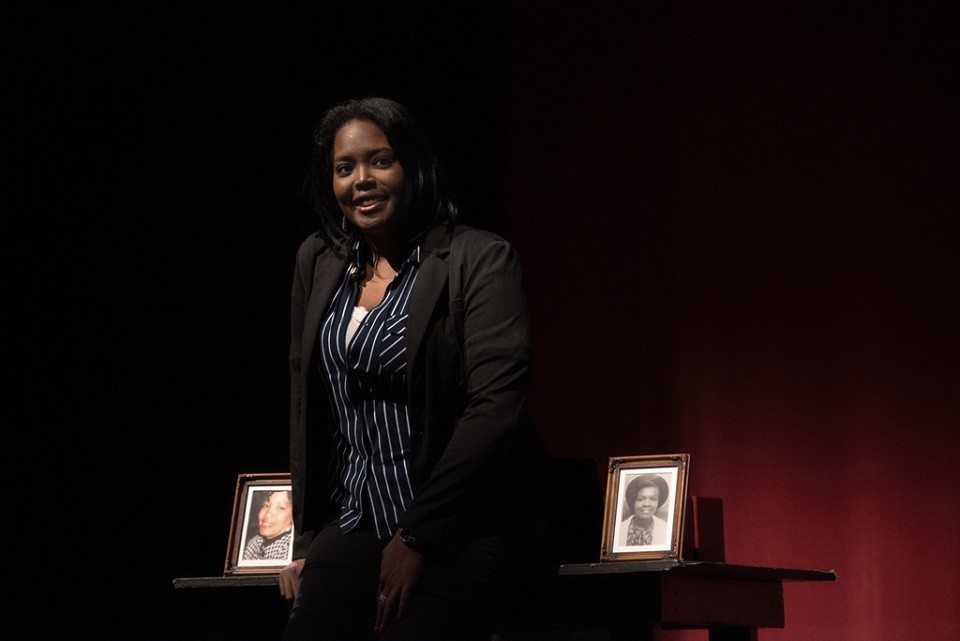Inequities of Economic Access
HER INVESTMENT: A Story of Women, Color and Access to Capital is the story of a young woman of color and her efforts to navigate a world too often denied to women simply because of gender. According to a 2019 American Express report about the state of women-owned businesses, women have become a driving force behind U.S. entrepreneurship. They make up 42% of new entrepreneurs, up 21% since 2014. They start 1,817 new businesses per day. Even more revealing, women of color operate half of all women-owned businesses. Collectively, they employ more than 2 million workers and generate $422 billion in revenue.
Women have been able to do this in spite of getting significantly lower levels of venture capital dollars. However, when they secure access to this capital, the process is rife with gender bias. Female entrepreneurship has always been driven by self-investment, personal drive, and a “refuse to fail” spirit. That spirit is even more expressed in women of color.
Ron Jones, the writer, director, and producer of the play HER INVESTMENT, brings attention to the inequities Black women face in their pursuit of capital. Jones states that the problem is highly overlooked and extremely important. Therefore, he asks us to see ourselves reflected in this play and ask the question, “Why on earth did it take till the end of the 20th century to get as far as we’ve come, and we haven’t come as far as we should have.”
The play begins with an opening monologue about a young Black woman’s respect for her grandmother and mother’s legacies as she navigates the systemic inequities she faces as she leaves college and enters the business world. Throughout the play, the young woman engages in dialogue with her peers, two young white men. She informs them of the historical inequities of banking in the Black community, highlighting the founding and failure of the Freedman’s Bank, which was set up by progressive whites to give freed Blacks economic opportunity. However, the manipulation of banking laws and lending practices eventually led to the bank’s demise, and with it the trust of the Black community in the banking system.
The young woman’s peers challenge the notion that since these incidents occurred over 100 years ago things are better and we should not still be harping about it. The young woman asserted that the practices are still in place today and continue to disadvantage communities of color and women. She speaks about the intersectionality of systemic poverty and being a Black woman. The experiences she’s faced become a reflective moment for her as she looks back on the injustices her mother and grandmother both faced while trying to build equity for their children and future grandchildren. Inequities that included higher interest rates and lower returns on equity because of redlining, both of which are still in place in some form today. If the systems that are meant to help people build capital and equity are actually working against some, then what good are they? HER INVESTMENT not only highlights the issue so that it’s personalized and individualized but also asks how as a society we can build bridges of equity that truly benefit Black women.
HER INVESTMENT starred Imani Powell.
Dina Hernandez, SSW ’22, Winston Center Graduate Assistant
Presented with the Portico Program




